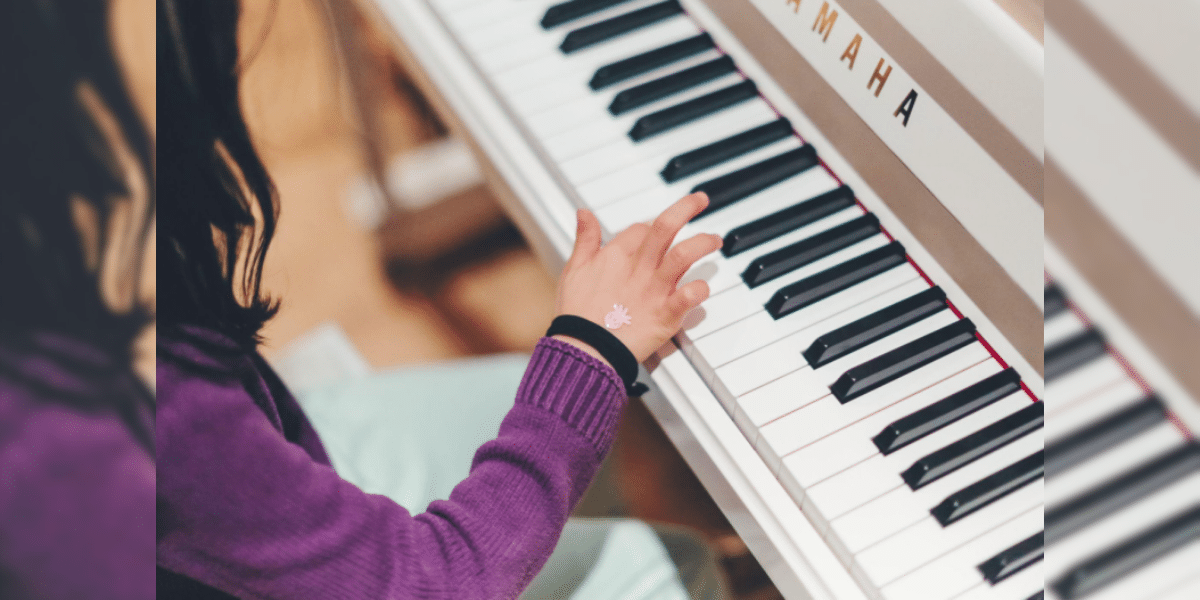Image commercially licensed from Unsplash
By: SEOmavens
Several studies have proven that learning the piano offers numerous benefits. If you’re considering enrolling your child, here are six advantages, backed by scientific research, of playing this beautiful instrument.
Enhances reading skills and comprehension
Playing piano requires a good comprehension of the notes in the sheet music. As per a study published in the journal Psychology of Music, musical training can boost a child’s reading skills. Results of the study also showed that participants with music education had significantly better verbal sequencing scores and vocabulary than their non-musical counterparts. Learning piano can help your little one read more efficiently, benefiting them in the long run.
Fosters creativity
In a study conducted by Dr. Ana Pinho on accomplished pianists and students, results showed that those with more improvisation training have greater connectivity with the brain regions that are integral to creative playing.
The more experienced the pianist, the more efficient their brains are. Engaging your child in piano lessons from a reputable school such as South Shore Piano School can help them become creative thinkers, which can be a game-changer during difficult situations.
Boosts brain process
Cognitive decline occurs as we age, significantly influencing our memory and hearing. According to Auditory Neuroscience Professor Nina Kraus of Northwestern University and Data Analyst Travis White-Schwoch, multiple studies have shown that lifelong music playing can alleviate age-related decline in the auditory brain and boost brain mechanisms connected with auditory processing. The earlier your child learns piano, the more proficient their brain will be.
Increases self-esteem
Learning piano can boost a child’s self-esteem, as demonstrated by a study by Dr. Eugenia Costa-Giomi. The study participants consisted of 117 fourth-grade students of public schools in Montreal, wherein 63 of them received formal piano lessons while the remaining 54 did not receive formal music education.
While results showed that piano instruction did not have any significant effect on the children’s academic performance, it had a positive impact on their self-esteem. Learning piano is a powerful way to enhance your child’s self-esteem and confidence.
Minimizes stress
Learning piano can act as self-care, not only for children but for adults as well. In a study published by the National Library of Medicine, piano lessons have a positive effect on the mood of older individuals, which can help them age successfully and gracefully. The evidence proves that learning piano, regardless of age, offers a holistic approach to combat stress, depression, anxiety, and other mental health conditions.
Enhances social skills
Many piano schools offer group music classes, allowing your child to learn with other students from various backgrounds. A research article demonstrated that group music training improved the prosocial skills of children with poor social skills. Even if your little one is outgoing or socially confident, signing them up for group piano lessons can make them even more pleasant and friendly.
Endnote
Learning piano certainly offers various advantages, as proven by the studies mentioned above. Find a credible and trusted piano school within your area, and remember to provide unlimited support to your little one.















